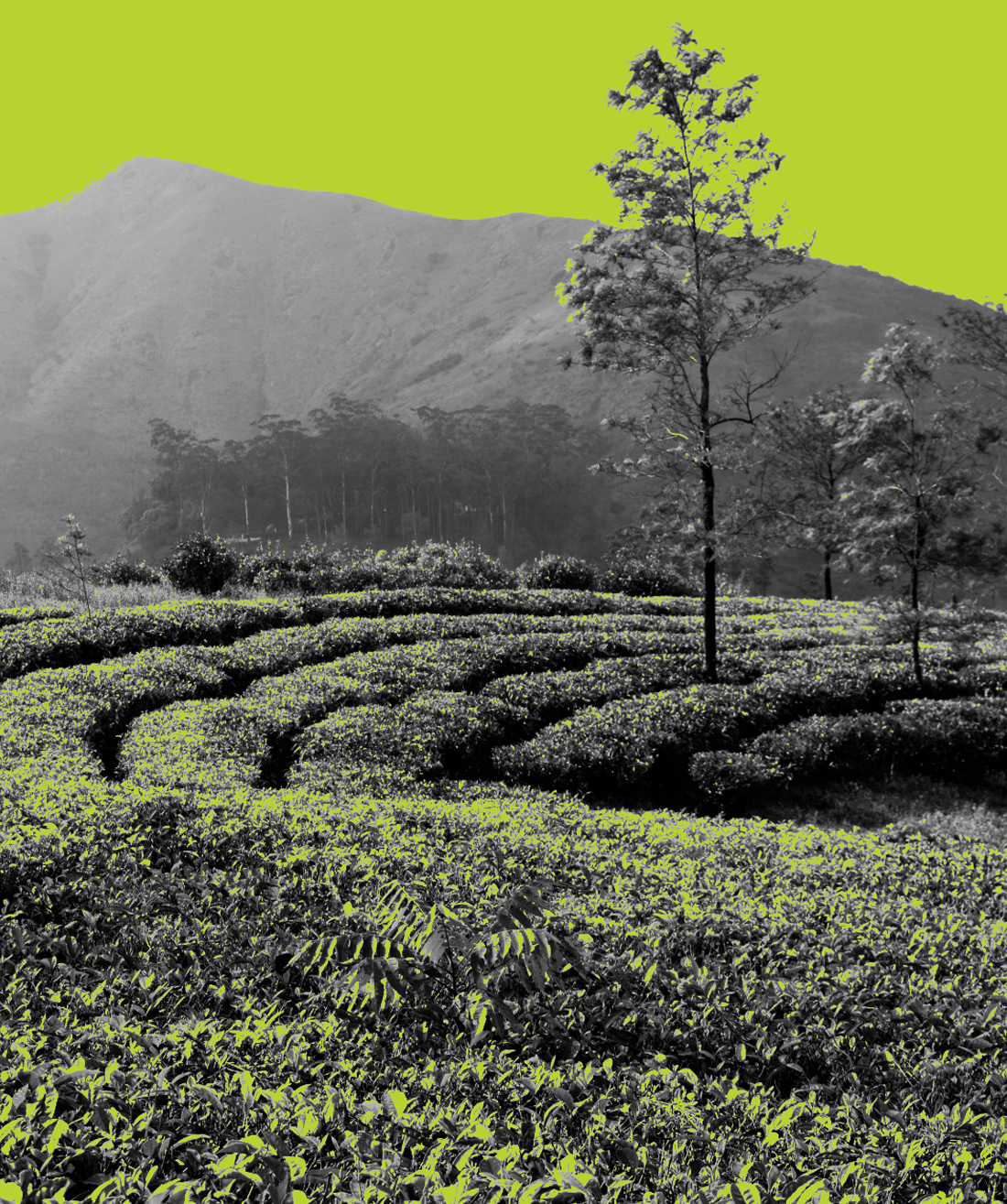The IPCC Intergovernmental Panel on Climate Change (IPCC, 2022) report states that some impacts of climate change are already “irreversible” and it has adversely affected the mental health of people. It is evident that the impacts of this global crisis are disproportionate across regions and communities, with disproportionate mental health impacts which cannot be ignored. There is an immediate need towards integrating mental health into climate justice with an understanding of the socio-ecological context of communities to address mental health consequences related to climate change.
This article aims to locate climate change and mental health in the Darjeeling Himalaya, based on our experience partnering with communities since 1996. In and through this narrative, we argue for an intersectional approach to understanding the socio-ecological context to develop community-based interventions and policies that promote climate resilience inclusive of mental well-being.
ISSUE NO. 5 DECEMBER
THE MARIWALA HEALTH INITIATIVE JOURNAL


Re-Vision 
Context 
Engage 
Mental Health In The Darjeeling Himalaya Socio-Ecology

Memories of ‘Floods’, ‘Erosion’, and ‘Displacement’

Environmental Health and Care Require Environmental Justice

From Collective Trauma to Collective Action

Troubled Waters

Is it a Good Time to Bring a Child into this World?

Working for Disabled People’s Organisation of Bhutan









